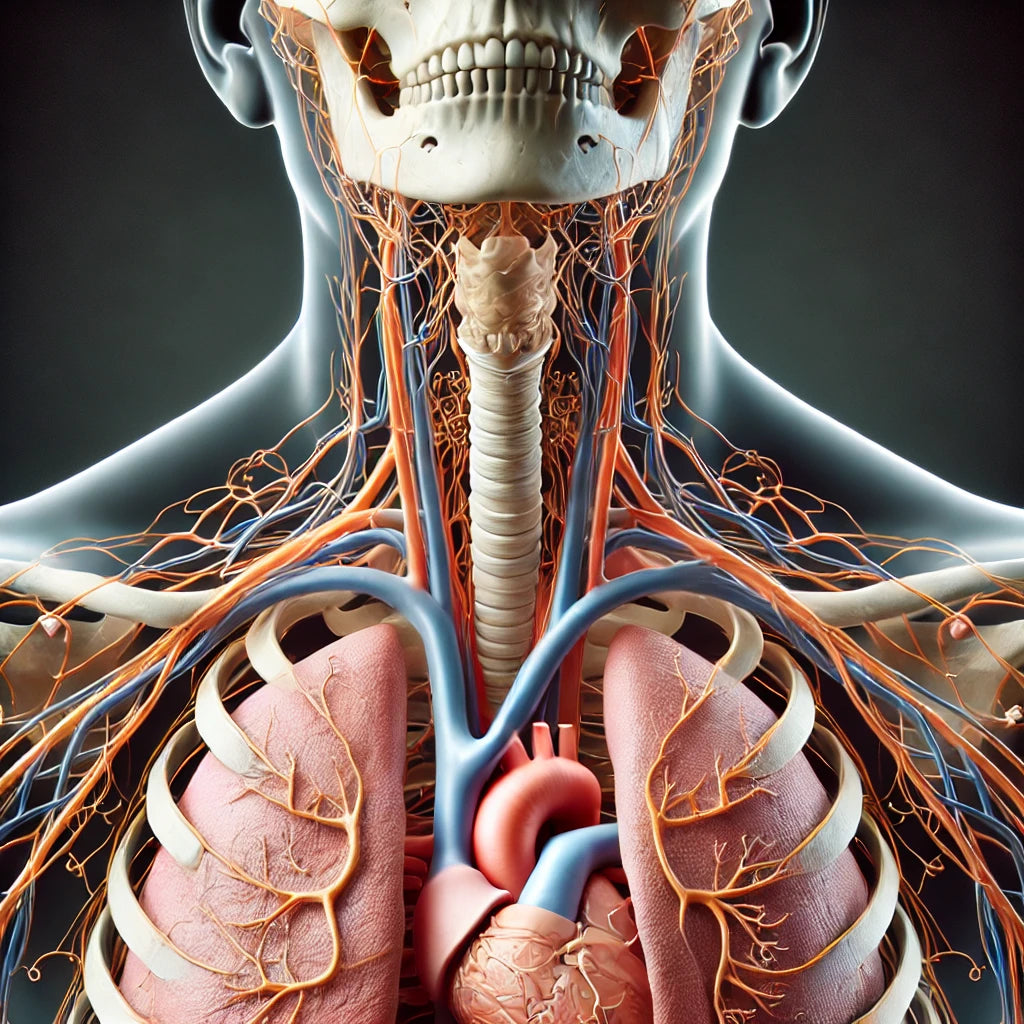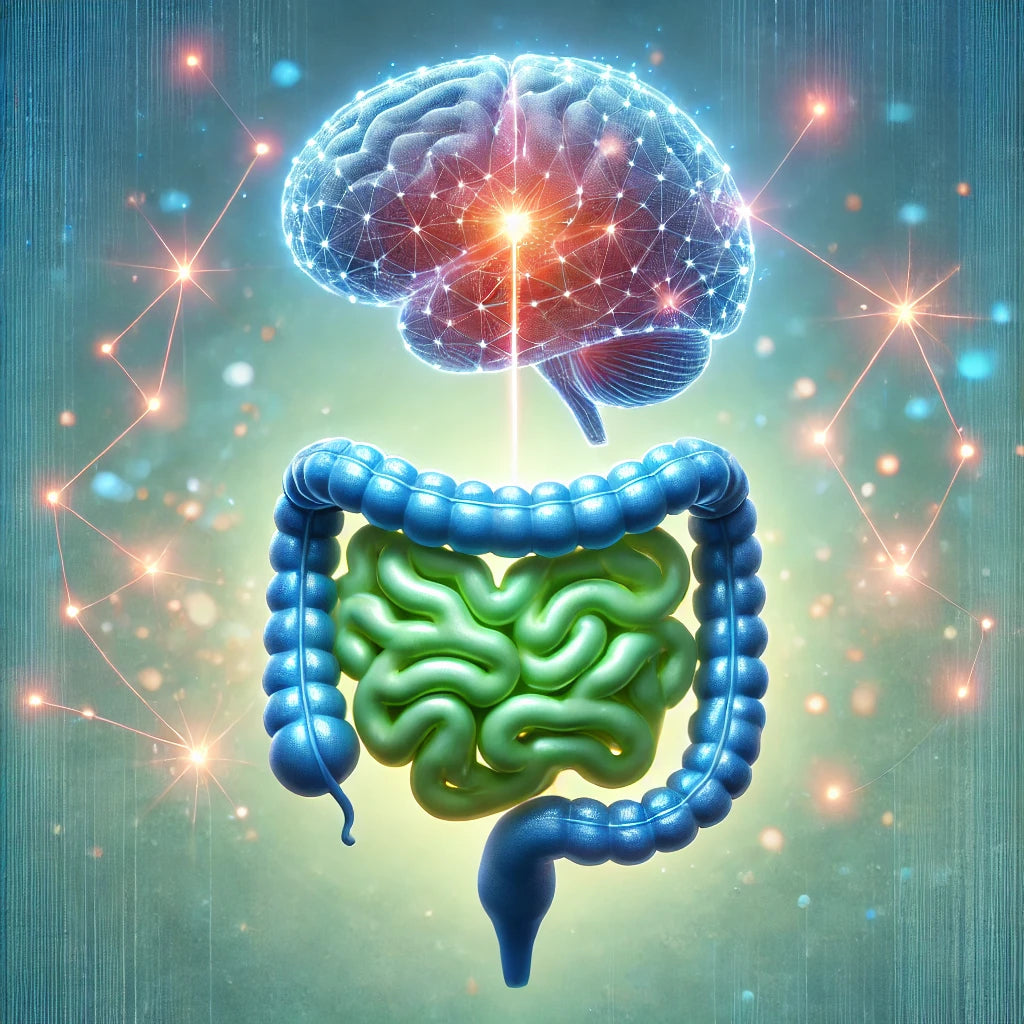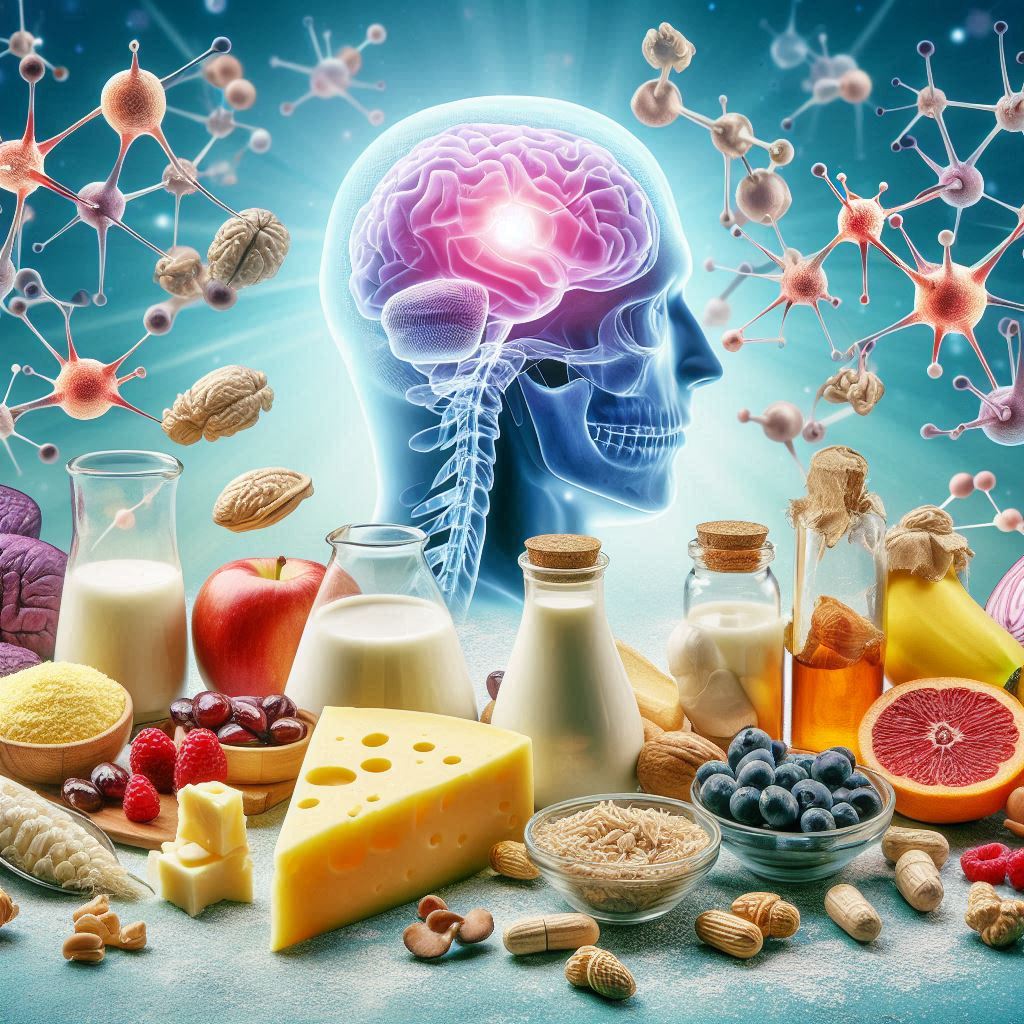News — mental health
St. John's Wort: A Natural Remedy for Depression - Benefits, Uses, and Safety
alternative medicine Anxiety Relief depression treatment herbal antidepressant herbal supplements hypericum perforatum mental health mood enhancement natural antidepressants natural remedy for depression serotonin serotonin reuptake St. John's Wort St. John's Wort for anxiety St. John's Wort research St. John's Wort vs antidepressants St. John’s Wort benefits St. John’s Wort dosage St. John’s Wort interactions St. John’s Wort side effects
Depression affects millions of people worldwide, and while traditional treatments such as medication and therapy are effective, there has been a growing interest in natural remedies. One of the most popular herbal supplements in this category is St. John's Wort. This centuries-old plant has been used for various ailments, but its potential for treating depression has gained considerable attention in recent years. But what exactly is St. John's Wort, and how does it work in the battle against depression?
As a natural remedy, St. John’s Wort offers an alternative for those looking to avoid synthetic medications. With its roots in ancient European medicine, this herb has been historically used for everything from wound healing to mood disorders. Its modern-day use, however, centers primarily on its ability to alleviate symptoms of mild to moderate depression. Understanding how it works, what the research says, and its potential benefits and side effects can provide invaluable insight for anyone considering this supplement as part of their mental health journey.
What is the Vagus Nerve and Why is It Important? Discover Key Insights
chronic diseases deep breathing gut-brain axis heart health immune system inflammation mental health natural vagus nerve stimulation parasympathetic nervous system vagal tone vagus nerve vagus nerve and anxiety vagus nerve digestion vagus nerve function vagus nerve health vagus nerve importance vagus nerve role vagus nerve stimulation vagus nerve therapy VNS
The human body is an intricate system of interconnected organs, nerves, and tissues, all working together to maintain balance. Among the most critical components of this system is the vagus nerve, a long and wandering nerve that impacts multiple body functions. Often referred to as the "information superhighway" between the brain and the body, the vagus nerve plays a pivotal role in health, influencing everything from digestion to heart rate and even mental well-being.
But what exactly is the vagus nerve, and why is it so important? This article explores its anatomy, functions, and why keeping it in good health can benefit many areas of life, including physical and emotional well-being. Whether you're looking to understand how this nerve works or how to support it naturally, the vagus nerve's role in overall health cannot be understated.
Probiotics and Mental Health: The Gut-Brain Connection
Anxiety Relief Bifidobacterium cognitive function depression support gut health gut microbiome gut-brain connection healthy digestion holistic mental health Lactobacillus mental health neurotransmitters probiotics probiotics and anxiety probiotics and depression probiotics benefits probiotics for brain health serotonin stress management vagus nerve
The connection between gut health and mental well-being has become a fascinating area of research in recent years. As scientists continue to explore the complexities of the human body, the gut-brain axis has emerged as a key player in maintaining both physical and mental health. One of the most exciting discoveries in this field is the impact of probiotics—often referred to as "good bacteria"—on mental health. While probiotics are commonly associated with digestive health, their influence extends far beyond the gut, potentially affecting mood, anxiety, and even cognitive function.
Understanding the gut-brain connection is crucial in appreciating how probiotics may serve as a bridge between a healthy gut and a balanced mind. The gut and brain are in constant communication, with the gut often being referred to as the "second brain" due to its extensive network of neurons and its ability to produce neurotransmitters like serotonin. This intricate relationship suggests that by nurturing gut health, we can positively influence our mental state, making probiotics a promising avenue for mental health support.
Find Relief from Anxiety with Ginkgo Biloba
Anxiety Relief anxiety treatment Ginkgo biloba Ginkgo biloba dosage herbal supplements mental health natural remedies Stress Relief
Ginkgo biloba, an ancient tree species, has been used in traditional medicine for thousands of years. It is best known for its ability to improve memory and cognitive function, but emerging research suggests that it may also be effective in reducing anxiety. In this article, we’ll explore how Ginkgo biloba can help alleviate anxiety, the scientific evidence behind its use, and how to incorporate it safely into your routine.
The Science Behind Fermented Foods and Neurotransmitter Production
fermented food benefits fermented foods GABA gut microbiome gut-brain axis mental health neurotransmitter production probiotics serotonin
Fermentation, the process by which microorganisms like bacteria, yeast, and fungi break down food components such as sugars and starches, not only preserves food but also enhances its nutritional value. This process can lead to the creation of bioactive compounds, including neurotransmitter precursors and even the neurotransmitters themselves. In this article, we’ll delve into the science behind fermented foods and their impact on neurotransmitter production, exploring how they can contribute to better mental health.





